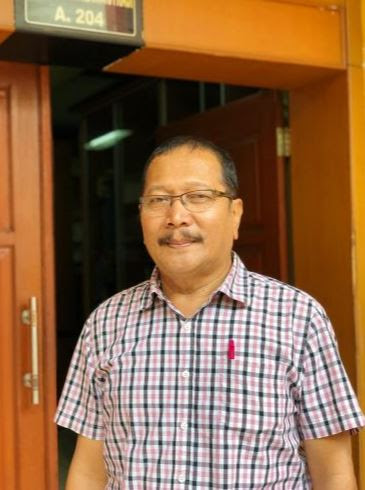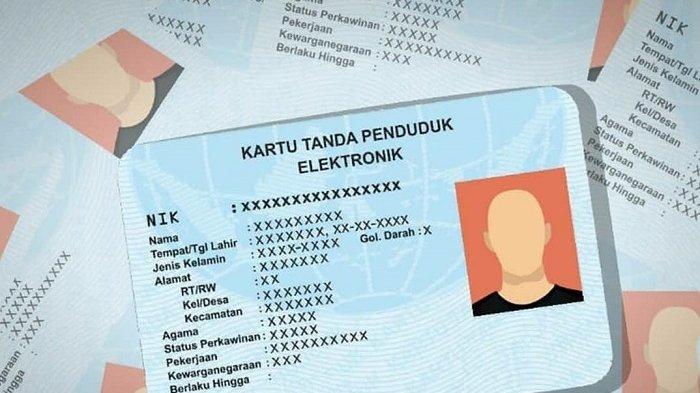UNAIR NEWS – The House of Representatives (DPR) passed the Harmonized Tax Law (HPP) on October 7, 2021. In addition to regulating and changing several tax rules, the HPP Law mentions the integration of demographic data with the tax administration system. In other words, the National Identification Number (NIK) is used in lieu of the Tax Identification Number (NPWP).
Quoted from the official website of the Ministry of Finance of the Republic of Indonesia, this integration aims to facilitate individual taxpayers in carrying out their rights and tax obligations.
Since 2014, discussions about the integration of demographic data have often been addressed. This time, the integration between demography and taxation is like a new step in the discourse of a single identity number (SIN) implementation.
According to Gitadi Tegas Supramudyo, a lecturer in Public Policy at the Faculty of Social and Political Sciences (FISIP), Universitas Airlangga, the integration of the NIK with the NPWP needs to be studied in depth.
“Integrating NIK with NPWP requires extra serious efforts with a comprehensive-projective assessment. We also need to pay attention to our bad experience some time ago,” said Gitadi on Tuesday, October 12, 2021.
Gitadi referred to the bad experience regarding the mega corruption of E-KTP (Electronic National Identification Card), whose trial has not yet been completed. However, according to Gitadi Tegas, SIN is a necessity.
“Basically, SIN is a necessity in the life of a developed or modern society, as in all developed countries. Therefore, the existence of a NIK should be a necessity,” he said.
Gitadi added that the integration of demographic data in Indonesia with a single identity number requires a tough and comprehensive effort due to the wide area and community accessibility.

“Although SIN is a must, we still need an extra comprehensive effort and strong leadership so that state institutions do not make various IDs on their own,” he explained.
“We also need to consider the range of the area, the affordability of services in remote areas of the country, and the level of education and society,” added Gitadi.
Another issue is regarding data leakage. Reflecting on previous experience, data leakage in government institutions, such as BPJS (Social Security Agency), added concerns about whether SIN should be implemented. If SIN is revealed, all data, including finance will be leaked.
Regarding data leakage, the Public Policy lecturer said that the government needs to make strict regulations to maintain public data security. “The anticipation of personal data leakage for certain purposes such as crime must also be regulated strictly,” he said.
In addition, the implementation of SIN also requires a long and gradual process due to a large number of people in Indonesia. Gitadi had previously mentioned the accessibilities to information and infrastructure. With various limitations, the use of SIN in Indonesia should be reconsidered in the near future.
“Therefore, the implementation must be gradual by considering and mapping the factual conditions in the society. If it is not ready, the census procedures must be corrected first,” he concluded. (*)
Author: Tata Ferliana
Editor: Binti Q. Masruroh





